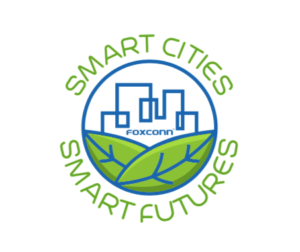 Wisconsin’s college students now have one million reasons to up their innovation game, thanks to the Smart Cities-Smart Futures competition.
Wisconsin’s college students now have one million reasons to up their innovation game, thanks to the Smart Cities-Smart Futures competition.
The initiative — backed by Foxconn and produced by partners including the Wisconsin Association of Independent Colleges and Universities, the Wisconsin Technical College System and the University of Wisconsin System as well as WEDC — was announced during the recent Smart Futures Summit at the University of Wisconsin-Parkside. Over a three-year period, Smart Cities-Smart Futures will award up to $1 million in financial and in-kind prizes, with the first round of the competition launching Oct. 1 and running through Oct. 31.
Foxconn created the contest to drive innovation across Wisconsin. As an advanced manufacturing leader, the company is known for investing in emerging technologies around the world, and now will help nurture Wisconsin’s already dynamic entrepreneurial community.
The idea behind Smart Cities-Smart Futures is to showcase how industries are building new connected infrastructures and systems. Putting these concepts into place can help cities, towns and rural areas attract and retain talent, maximize resources, improve efficiencies and build collaboration among their diverse civic, industry and education partners.
Competition offers multiple submission themes
Smart Cities-Smart Futures will focus on four competitive themes, all of which can involve transportation, technology infrastructure, health care innovation, facilities utilization, streetscapes, the arts and the environment, among other areas of interest.
Those four themes are:
- Optimizing Our Resources and Strengths: Aimed at efficient use of resources and the ability to convert them into value-added products and services.
- Improving Quality of Life, Performance and Collaboration: Aimed at enhancing aspects of lifestyle.
- Enhancing a Sustainable Economy and Environment: Aimed at creating an ecosystem that endures the test of time.
- Advancing Smart Manufacturing, Services and Infrastructure: Aimed at further modernizing the economic base.
“Wisconsin’s academic communities already are fertile sites for these kinds of forward-thinking platforms, so the challenge should play right into their expertise,” said Dr. Alan Yeung, director of U.S. strategic initiatives for Foxconn.
“We are proud of our partnership with the WEDC,” continued Dr. Yeung. “The Smart Cities-Smart Futures competition will rely on the talented students, faculty and staff of Wisconsin’s colleges and universities. We hope to then connect these groups and their innovative ideas with cities, villages, towns and counties across the state.”
Cloud computing, mobile devices, the Internet of Things, big data and artificial intelligence are just some of the areas in which innovation is being pioneered each day around the state. The competition will further fuel Wisconsin’s transformation into a global high-tech hub and enhance its ability to attract and retain top talent and draw new industry.
Eligibility requirements
Students, faculty and staff in the UW System and all technical colleges, private colleges and universities within Wisconsin are eligible for the competition. The first round will include student proposals and faculty-led research projects. Collaboration among partners in business and industry, as well as entrepreneurs, municipalities and other local and regional partners, is encouraged. Each team must have student, academic staff or faculty representation from an accredited, Wisconsin-based higher education institution.
Submissions can be made through an integrated portal on the Smart Cities-Smart Futures website beginning Oct. 1. For more information, visit the competition website or join the mailing list. You can follow the competition’s progress on Twitter, Facebook, Instagram and LinkedIn.




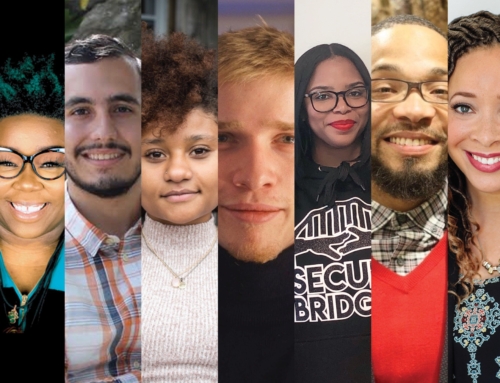
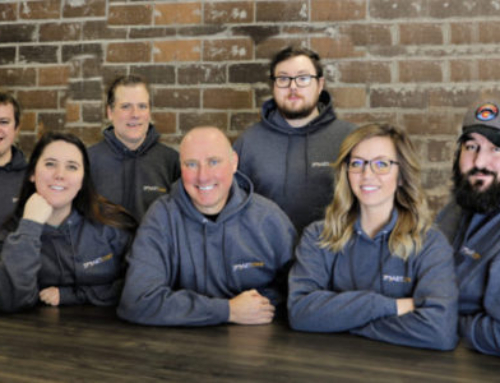
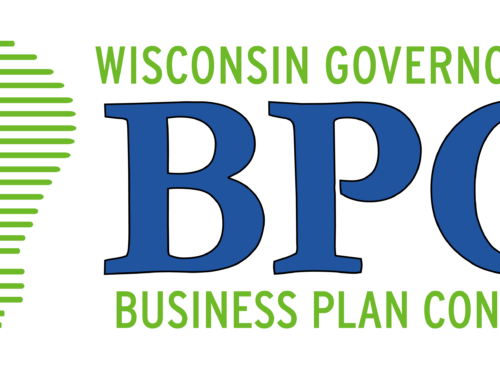

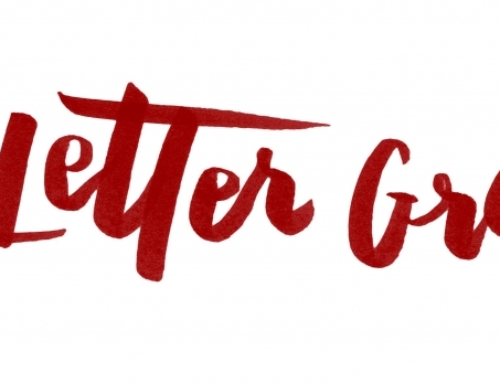
FOLLOW US